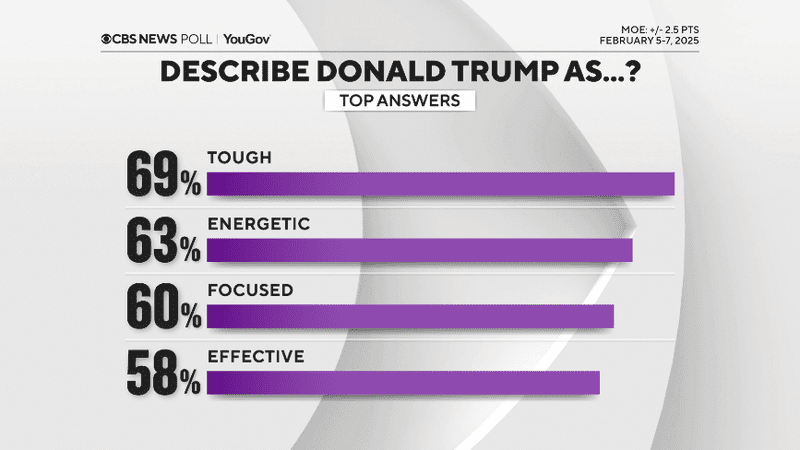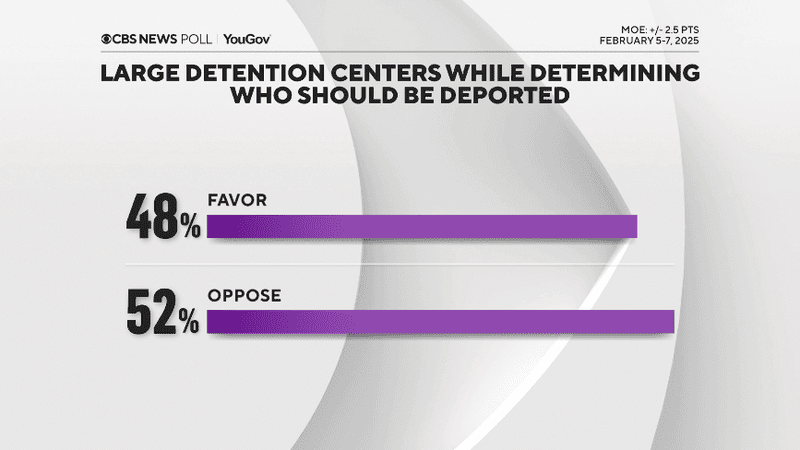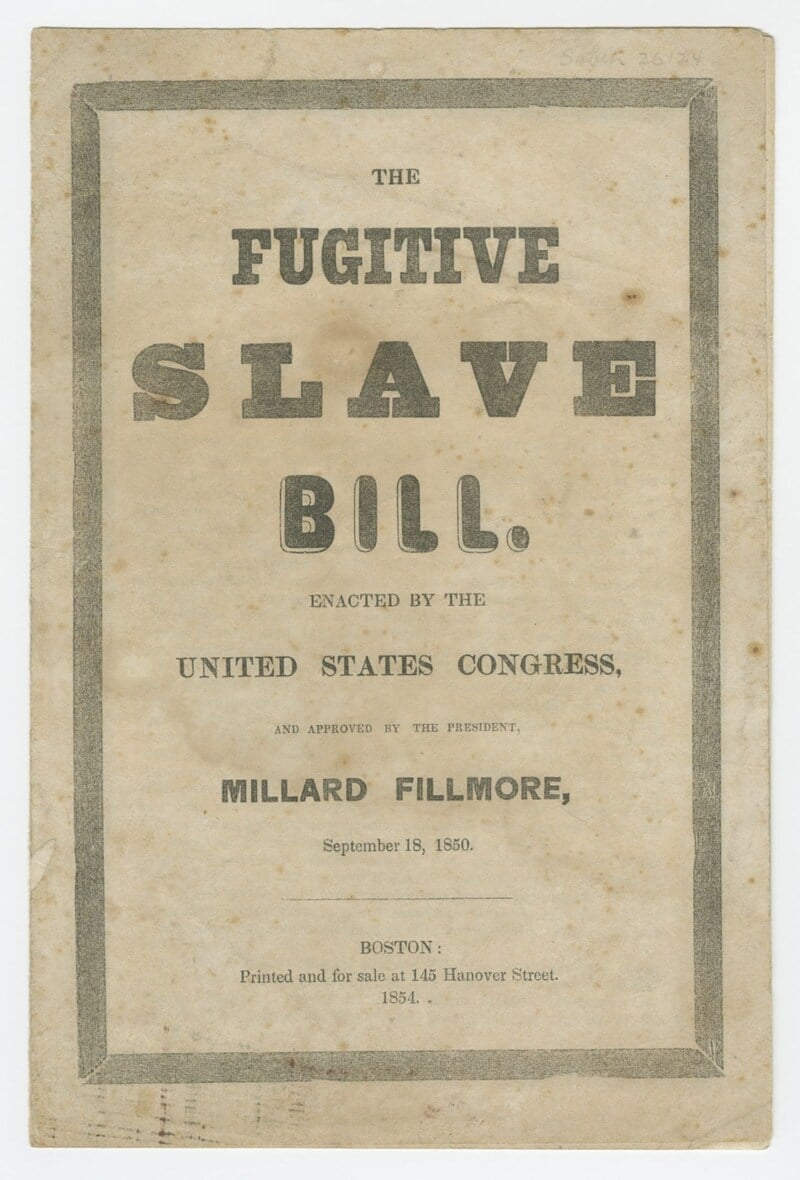This article was originally published by The Emancipator.
President Donald Trump’s mobilization of the National Guard and military personnel against those resisting aggressive and oppressive deportation tactics in Los Angeles is part of an authoritarian playbook used to crush dissent and cow citizens into silent compliance.
The protests in Los Angeles, San Francisco and across the U.S. in diverse Democratic-led cities, reflect growing outrage and frustration. Though Trump vowed during his presidential campaign to primarily target violent criminals, deportations have included toddlers, school-age children, teens, parents, college students, teachers, and even some members of the U.S. military.
Civil liberty groups have decried Trump for using the Alien Enemies Act and other measures for some of the rapid-speed deportations. In a number of instances, some of the people deported were sent to countries where they have no familial ties. Frequently, those people were afforded scant, if any, legal representation.
“Trump’s attempt to twist a centuries-old wartime law to sidestep immigration protections is an outrageous and unlawful power grab — and it threatens the core civil liberties of everyone. The ACLU will keep fighting for due process protections for all,” Scott Michelman, legal director of the ACLU of the District of Columbia, said in a statement.
According to a CBS News/YouGov poll, nearly half of respondents said they believe the Trump administration is trying to deport “more people than you expected.”


More than 60% of respondents say non-U.S. citizens should get a court hearing before being deported.
Rarely do presidents wield the ability to federally deploy the National Guard because of protests under the guise of what Trump calls “a form of rebellion against the authority of the Government of the United States.”
Trump often sees rebellion when the lives of Black, Brown, and other marginalized people are at stake and the hue and cry is for freedom.
It is the tactic he used to try and quell peaceful protests in Washington, D.C., during the summer of 2020 Black Lives Matter protests following the murder of George Floyd.
“These broad powers are out there just waiting to be marshaled and used against all different types of communities,” Gloria J. Browne-Marshall, professor of constitutional law and Africana studies at John Jay College (CUNY), told The Emancipator.
Trump’s escalation also took place ahead of a ban on people entering the U.S., primarily from African and Middle Eastern countries, which went into effect Monday.
To understand what’s happening now is to historically understand the precedent of the government using federal force against those seeking equal rights, Clemmie Harris, director of Africana studies and history at Utica University told The Emancipator.
The blueprint for violent force enacted against those seeking equity is etched in the nation’s prologue — from the Fugitive Slave Acts of 1793 and 1850 to the Civil Rights Movement.

After the passage of The Fugitive Slave Acts of 1793 and 1850, “federal forces were used to arrest Black people and return them to a state of slavery,” Harris said.
Time and again throughout our nation’s history, the cycle of protests, clashes, and, ultimately, reform repeats itself.
“Each one of us needs to understand that we wake up each day clothed by the rights we have through protest,” Browne-Marshall said.
The Trump administration has vowed that immigration raids will continue. Other Democratic-led cities with diverse populations such as New York City and Chicago could be the administration’s next target, scholars say.
Experts say the question for us all living in Trump’s America is “What will you do in this crucible moment?”
“Audre Lorde said, ‘Your silence will not protect you,’ and that’s what’s happening right now. Silence. We have power and unity,” Browne-Marshall said. “This is a time in which we’ve got to gather together and have a plan of action and a vision.”
Learn more about third-party content on ZanyProgressive.com.






